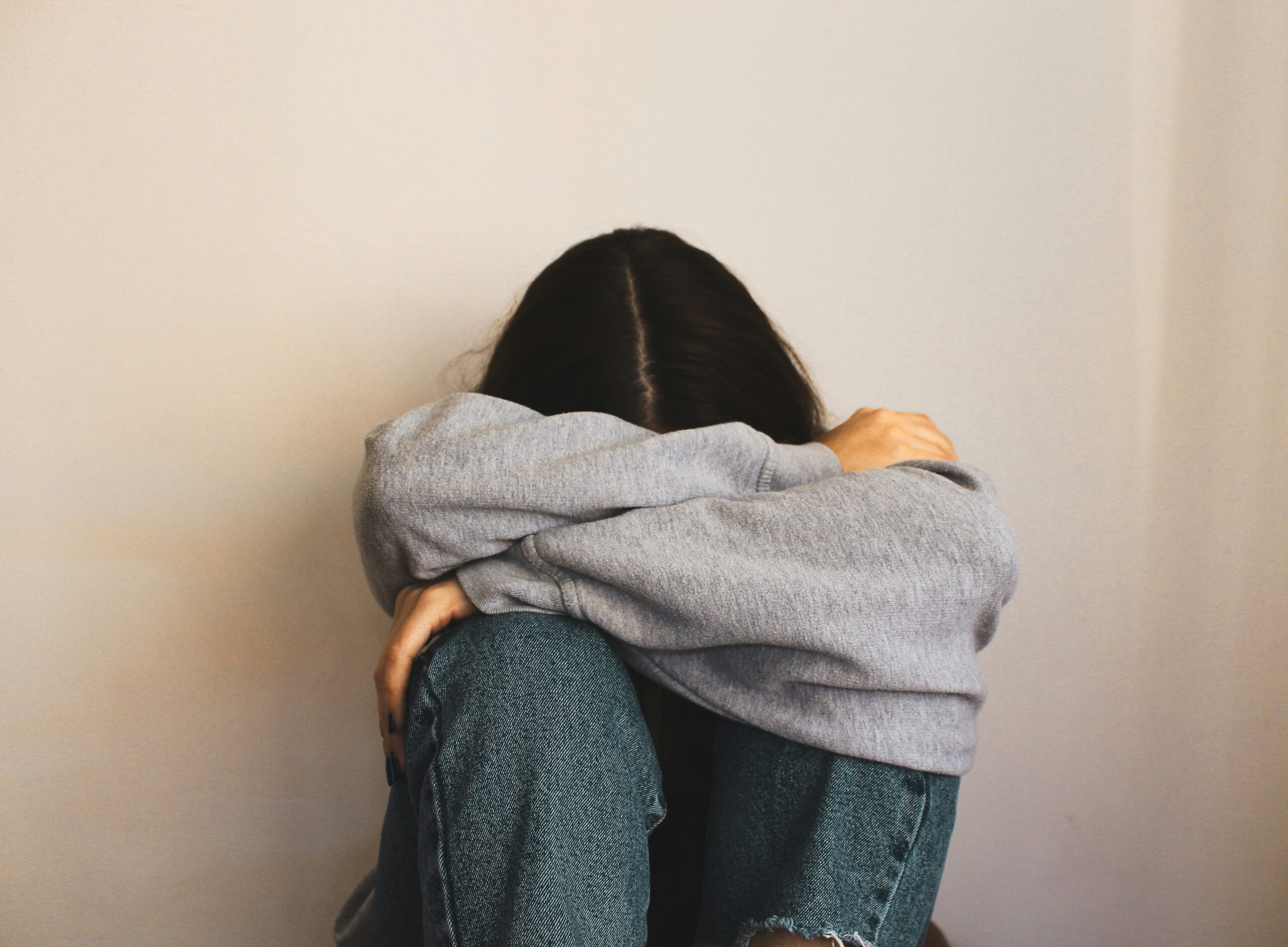https://despitepain.com/
I was in my early twenties when I noticed a constant ache in my face. Doctors didn’t know what was causing it but didn’t investigate it either. At one point, I was told that “everyone gets pain like this, so you just have to deal with it.” Over the years, the pain worsened and, in my mid-forties, I was diagnosed with trigeminal neuralgia. I finally had a name for my pain and more importantly, I was prescribed medication that could help. I had hope.

My trigeminal neuralgia is atypical. It’s always there, but on better days, I feel a background ache with a gentle burning. At other times, my face aches, stabs, throbs, and burns so much that it feels as though I’ve been sitting too close to an erupting volcano. My teeth feel as though they’re being twisted and pulled by an evil dentist. It can be unbearable and very debilitating.
Many people who have atypical pain spend years visiting doctors looking for answers. When there are none, they lose hope of ever finding relief. Without a correct diagnosis, atypical TN is unlikely to receive the correct treatment. Atypical TN is generally constant and it often takes years before people are diagnosed accurately. Sufferers often deal with stress, depression, guilt and hopelessness due to their chronic pain. It is difficult to feel optimistic when dealing with TN; however, we can’t let it beat us.
Knowledge is Power
I wasn’t very good at it when I was younger but I have since learned the importance of self-advocacy. Learning about facial pain conditions, causes, and treatments can give you something to focus on. If you have knowledge, you will feel more confident at medical appointments. You’ll understand what the doctor is talking about, you’ll feel more able to ask questions, and even begin the conversation about treatment options. Your knowledge about your condition might also make you aware that the doctor you’re working with isn’t the best doctor to treat this condition, so you may have to do some research to find another one. Finding the right doctor is crucial but we also need to help the doctors to help us. We can do that by giving them accurate information about our pain:
• Describe the pain using short and simple explanations – burning, aching, stabbing etc.
• Draw a diagram of your face and mark exactly where you experience the pain.
• Keep a pain diary to show the frequency and levels of your pain. (A diary might also help you to find triggers.)
You’re Not Alone
Join facial pain groups online to receive emotional support and practical advice from other people who understand your pain. The FPA website has support groups all over the world, and peer mentors for one on-one support – never be afraid to reach out to them for help or advice.
Don’t Give Up
Trigeminal neuralgia is one of the most painful conditions known to man. It’s persistent, so you need to be, too. If you don’t have a good doctor, there are better ones. If your medication or treatment isn’t helping, there are many others to try. Today might seem like the worst day ever but always remember that tomorrow might be better.

Smile
Look in the mirror every day and smile at your own reflection – you are guaranteed to get a smile back. Smile at other people – they’ll smile back at you. Smiling really is infectious and it is scientifically proven to be good for you. It releases feel-good endorphins which help your mood and your pain.
Laugh
They say laughter is the best medicine. Read some silly jokes, watch your favorite sitcom, or look on Youtube for some funny cat or dog videos.
Wash and Dress
If you’re able to, have a shower or bath, then get dressed. Some days are definitely pajama days because of physical pain or illness. But on the other days, putting on comfy clothes can lift your mood rather than wearing pajamas all day.
Eat Well, Sleep Well
Getting good, healthy nutrition and sleep are both so important for us physically and mentally. Comfort food is called comfort food for a reason and it doesn’t have to be unhealthy.
Write or Talk About How You are Feeling
Write about your problem. Sometimes writing about it can clear your mind and put everything in perspective. It’s worth trying. Loneliness is common for people with chronic health problems. Chat to someone. Chat online or by telephone if there’s no-one around or you can’t get out.
Focus
Focus on one hour at a time, or even just one minute at a time. Focus what you can do, rather than what you can’t. Focus on what you have, rather than what you don’t have. Try keeping a gratitude journal. Look around you and find things that make you happy. Old photos, family, pets, anything that triggers happy memories. Smell some flowers. Watch a butterfly. Small things like that can mean a lot when you live with pain. Focus on whatever makes you feel better.
Activity; Physical and Mental
I always feel better mentally if I can get outside and move about a bit, but walking isn’t always possible, nor is going outside due to cold weather. However, there are gentle exercises which some people can do indoors and despite their disabilities. Find links on YouTube of sitting exercises and gentle yoga. Do what you are able to do and speak to your doctor or physiotherapist for advice. If you can’t manage physical exercise at all, do some breathing and relaxation exercises. Try to keep your mind active with distractions. Do crossword puzzles, write a story, watch a movie, read a book, or get your mind engrossed in a hobby. Bake a cake, paint a picture, knit a scarf, or string some beads to make a necklace.
Be Around Positive People
Surround yourself with positive people. It’s nice to be there with a listening ear for other people when they’re down, but sometimes you need to think about your own mood. If you’re down, you can’t help them much, and their mood could bring you down further. Sometimes, you need to back away, even if only for an hour, until you can handle it.
Music Can Lift Your Spirits
The world would be a sadder place without music. My taste in music ranges from everything to anything. But there are just some singers and some songs that I can’t help but sing along to. Singing can turn my mood around. My singing can also turn my husband’s mood around but that’s because I can’t sing! He puts up with it, though. What’s your favorite song or piece of music?
A Little Kindness Goes a Long Way
Do something nice for someone. A little kindness will make them feel good, but it will also help you feel better. You could phone an old friend or spend five minutes chatting to an elderly neighbor – it doesn’t have to involve spending money. Time is often more precious to people than money. And do something nice for yourself. Treat yourself. Do something you enjoy – take time to watch your favorite movie, do your nails, or put some essential oil in a diffuser and just breathe.
Be Hopeful
I don’t believe in having false hope. Miracle cures that seem too good to be true normally are. But we can still hold on to hope. We can hope for better treatments and for better understanding. And we can hope for better tomorrows.
Pep Talk
Look in a mirror and look right into your eyes and say “I love you.” Sometimes we knock ourselves down so much but we shouldn’t. You are doing the best you can in a bad situation, so be proud of yourself.




































































